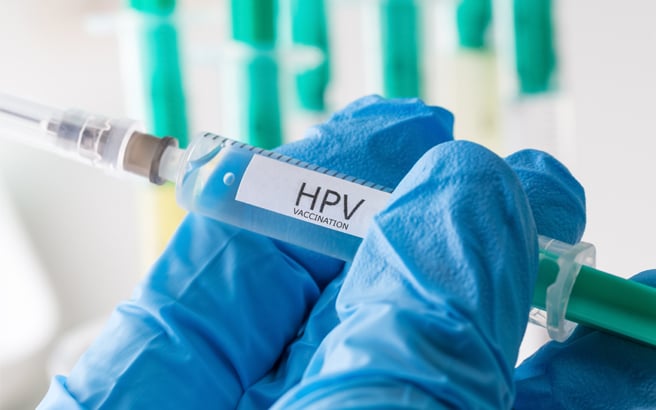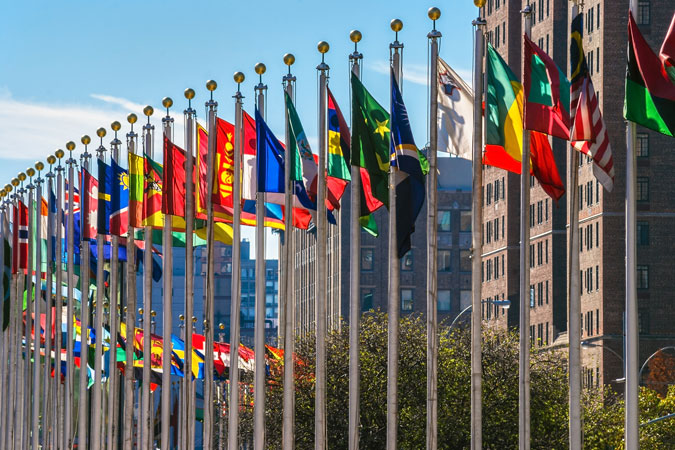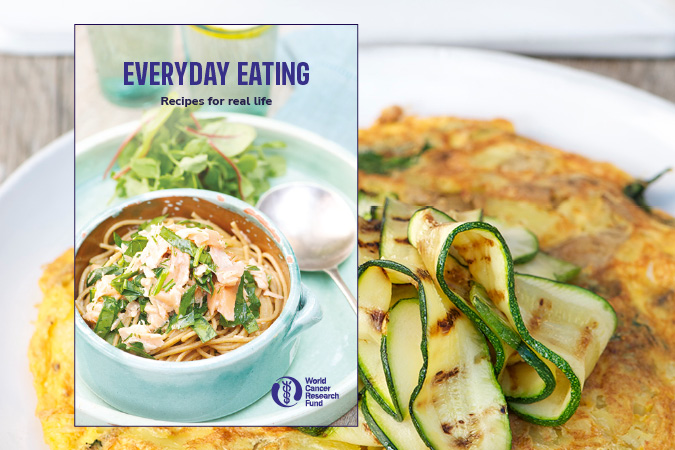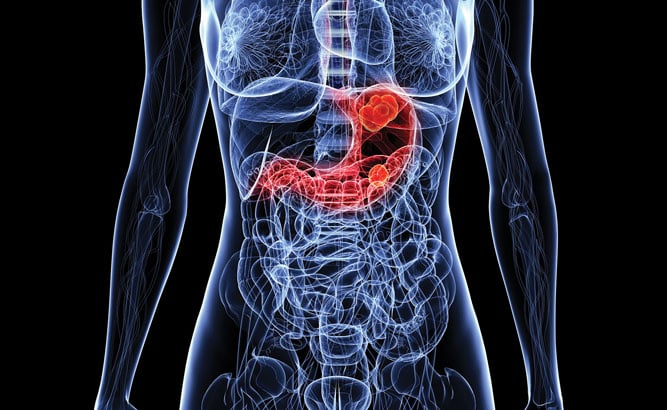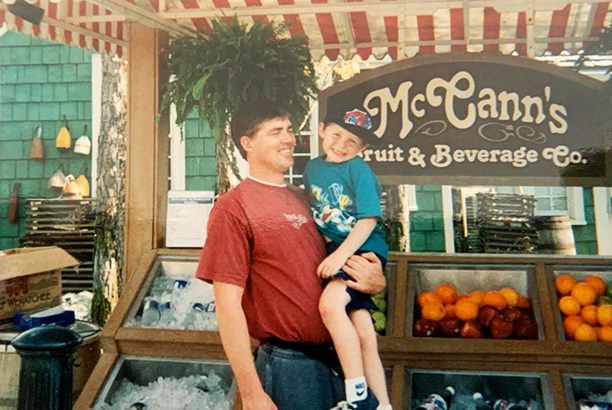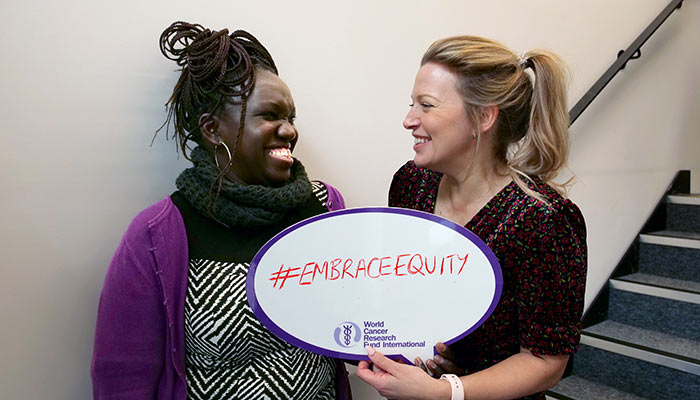Our helpline is run by a team of oncology specialist dietitians. The service aims to help people get the nutritional advice needed to support their cancer treatment and recovery, and will address issues such as taste changes, appetite loss, nausea and constipation as well as how to maintain a healthy weight during treatment.
It can be hard to get access to the appropriate support around nutrition. If you or your patient or client have ever had a cancer diagnosis, and are looking for evidence-based nutrition, the service is available on Tuesdays (12-2pm) and Thursdays (6-8pm). These hours of operation will be expanded as the year progresses.
Comments on the launch of the new helpline
Christopher Allen, Cancer Support Programme Manager at World Cancer Research Fund comments:
We wanted to provide people with cancer a helpline where they can access expert nutritional information. This can often be difficult through the NHS. Treatments such as chemotherapy can make it more of a challenge to eat as you normally would while absorbing the necessary nutrients – and we’ll offer tips and support to make mealtimes easier and more enjoyable for those with a cancer diagnosis.
Jodie Burdett, who had a breast cancer diagnosis, says:
When I was diagnosed, I looked at which habits I could change. It was difficult to know who to trust as there’s quite a lot of ‘advice’ out there with conflicting and confusing messages. So many of us going through chemotherapy unhelpfully get told, ‘you just need to keep your weight up, eat four cream cakes.
That’s when I came across World Cancer Research Fund; its helpline will play a vital role for so many people going through cancer like me who need information about nutrition.
Debbie Hack, Oncology Specialist Dietitian, who takes calls on the helpline, says:
When I heard about World Cancer Research Fund’s new nutrition helpline my immediate thoughts were ‘at last, something that fills the gap.
Dietetic services for cancer vary significantly across the UK and those affected don’t always have access to credible nutritional support. Our helpline addresses this fundamental need. Some people just require reassurance or guidance on how to access the right information, and now we are here to help with that.
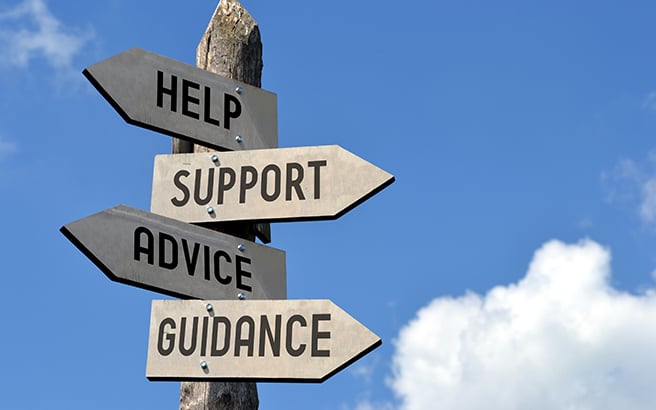
How did you get into cancer research?
I worked as a nutrition assistant while I was studying at university in the Netherlands. I saw how patients with cancer were struggling with their eating habits and became intrigued as to how diet can influence the development and progression of cancer.
I was so interested in these areas that I focused my Masters on them and continued my career in both nutrition and cancer research.
What part of your research career are you most proud of?
Together with my team, I have set up one of the very few studies worldwide which follows a group of 1,500 people with bladder cancer.
After a bladder cancer diagnosis, we collect patients’ lifestyle and clinical information so that we can provide evidence-based advice to people living with bladder cancer.
When you were a child what did you want to be when you grew up?
I wasn’t completely sure [but] at the end of high school, it became clear to me that I really wanted to do something with human health.
Bladder Cancer Awareness Month is marked every May in the UK – why are you interested in bladder cancer research?
Non-muscle-invasive bladder cancer, where the muscle layer of the bladder has not yet been reached, is the most common type of bladder cancer.
Patients with non-muscle-invasive bladder cancer have a 50% risk of the cancer returning within 5 years. Often, people ask their doctor if there is anything they can do to reduce the risk of the cancer coming back. However, research is still very limited, and I want to do further work in this area.
What causes bladder cancer?
Bladder cancer is among the 10 most common cancers globally and the most important risk factor is smoking.
We have lots of studies now that show a link between World Cancer Research Fund’s Cancer Prevention Recommendations and better outcomes, so where does your research fit into that picture?
Most studies to date show a link between the Recommendations, cancer risk and the rate of mortality. My team is the first to investigate the association between adherence to the Recommendations and the risk of recurrence in bladder cancer.
What is the important message from your research to the public?
We found that patients who best kept to World Cancer Research Fund’s Cancer Prevention Recommendations had a 26% reduced risk of recurrence, compared with patients who kept to fewer Recommendations. I would advise patients with a bladder cancer diagnosis to follow the Cancer Prevention Recommendations, given the beneficial effects of eating a healthy diet and exercising regularly.
We’re funding your new research on vitamin D and bladder cancer. Vitamin D appears to be an important vitamin in bladder cancer – why is this?
Vitamin D has properties that protect against cancer by boosting the immune system. It may be less likely that your cancer will return if you have higher vitamin D levels in your blood.
More research needs to be done into the effect of vitamin D on bladder cancer recurrence.
Along with my team, I’ll be studying how levels of vitamin D in the blood, measured at 3 and 15 months after a bladder cancer diagnosis, are related to the likelihood of bladder cancer recurring and the quality of life of patients, through patient surveys. We’ll also study whether these relationships vary among patients with different characteristics, such as lifestyle factors or genetic variations.

Living with cancer
If you, or someone you love, is going through cancer, we’re here to support you. From answers to common questions, to advice on side-effects and free recipes tailored for people living with cancer, browse all our resources.
